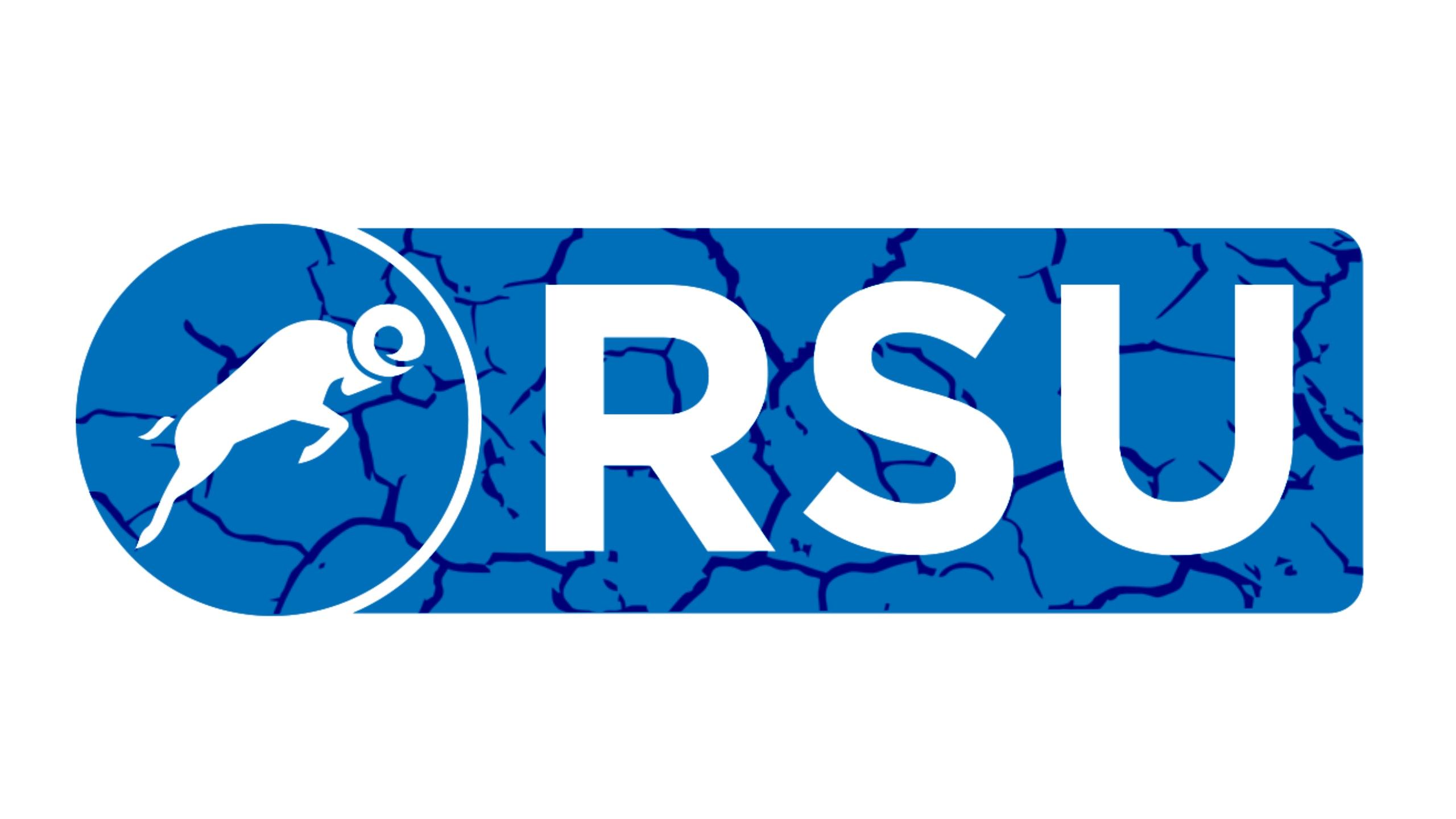By Raneem Alozzi and Sherina Harris
The guidelines for the Student Choice Initiative (SCI) will be “disastrous” for the Ryerson Students’ Union (RSU), the union’s president Maklane deWever said.
“[Student groups] are going to lose…we’re not going to be able to collect mandatory fees for the base funding. If people opt into student groups…it could likely instead go to funding the staff who administered [student groups],” said deWever.
Depending on how many people opt out of services, deWever said the RSU may shrink. However, he is unsure of what the lack of funding will look like once applied to executive and staff salaries.
Currently, the RSU funds and oversees 98 student groups, 65 affiliate student groups, 57 course unions and 25 graduate student unions. The RSU also hires over 60 full-time and part-time employees.
“It’s going to have a significant impact on us in terms of [hires]”
“It’s going to have significant impacts on us in terms of [hires], it could hurt a number of people we employ,” deWever said.
If only 50 per cent of students opt-in “you can’t pay someone 50 per cent of their salary…or ask people to come to work 50 per cent of the time. So what you end up doing is you just have to cut.”
Last week, the provincial government released the guidelines for the initiative designed to give students the choice to opt out of “non-essential” services.
The report outlined that any services that did not fall under the categories, such as career services, student buildings, health and counselling, among others, will be optional.
Vanessa Henry, the incoming RSU president, said in a statement that she and her team are communicating with Ryerson and student societies to understand the legislation.
“We have to understand what services are essential at the RSU,” she said.
Henry said she couldn’t specify which services she believes should be essential or how the RSU would move forward if certain fees—like equity service centres—will not be mandatory.
“I would need to sit down with our executive as well as the [RSU] staff to look at our services more in depth,” she said.
Alex Usher, president of the Higher Education Strategy Associates, said the RSU may face a particular problem in getting students to choose to opt into their services because of this year’s credit card scandal involving several executive members.
“There’s a lot of students who [would say] these subsidies have been mismanaged, maybe I don’t want my money going to that,” he said.
Ryerson University president Mohamed Lachemi reiterated that he will be doing his “best to protect student engagement” noting that the university cannot protect everything because of the guidelines, and will have to see how they can be creative with them.
He also said he doesn’t think the new policy “will kill unions.” However, he said it might “limit their financial autonomy or flexibility.”
Lachemi said certain RSU fees may fit into the category of essential fees. He said students won’t be required to pay all of their fees to the RSU, but also won’t be able to completely avoid paying RSU-related fees.
DeWever also said a portion of RSU fees will be mandatory. He said this will include academic advocacy—the RSU has a student issues and advocacy coordinator who helps students appeal grades or appeal academic misconduct charges.
He said the Sexual Assault Survivor Support Line (SASSL) and Good Food Centre (GFC) will likely be mandatory fees.
However, the RSU’s other equity service centres—including the Centre for Women and Trans People, the Racialized Students’ Collective, RyeAccess, RyePride and the Trans Collective—may not fall into the category of essential fees.
DeWever said it’s “unsettling” that these fees weren’t explicitly mandatory.
A study from the Ontario Public Interest Research Group (OPIRG) at Carleton University, published in The Leveller, suggests the majority of fees that Carleton students pay will remain mandatory.
DeWever said this shows that the only fees that would be optional are those that are student-run and established through referenda.
Certain RSU services—those made mandatory by the government—will remain open to the general public. Others will only be open to students who pay the fee, he said.
It’s “unsettling” that these fees weren’t explicitly mandatory
“The sad reality is that in order to incentivize people to do things we are gonna have to make some things exclusive,” he said.
He gave the example of the RSU’s lost and found.
If a student opts out of paying for it, “taking the minister for her words,” they wouldn’t be able to get their stuff back, he said.
Executive salaries will likely be included in the RSU administrative fee, deWever said,
Currently, executives are paid a salary of $36, 000 per year.
Whether executive salaries are paid for the next year will be up to the incoming executive team, deWever added.
With files from Alanna Rizza










kwok pun chan
Setup laneway neon flea markets or Digital Displays (for ads / special events) on Nelson Mandela Walk overhead tunnel to get extra money
https://www.cbc.ca/news/canada/toronto/neon-sign-museum-1.3991753